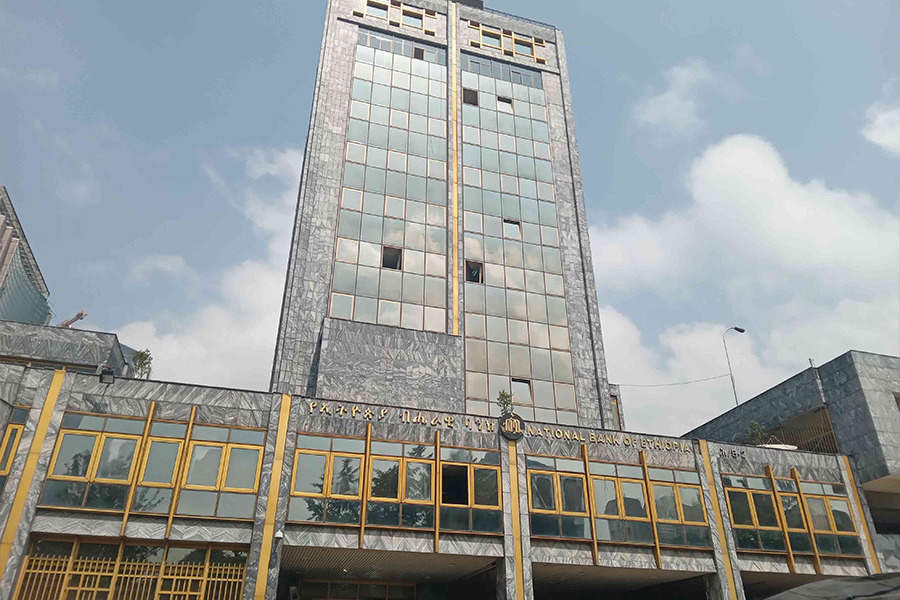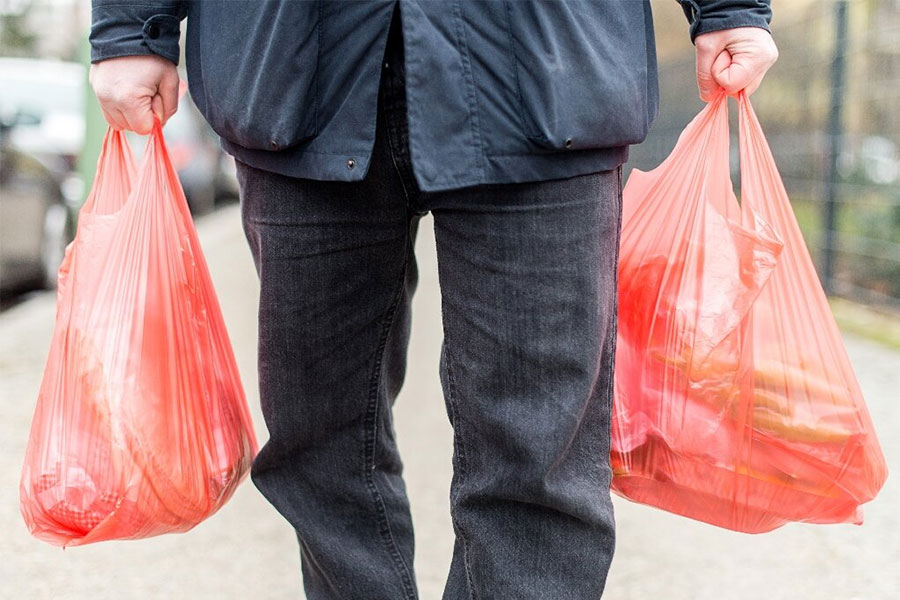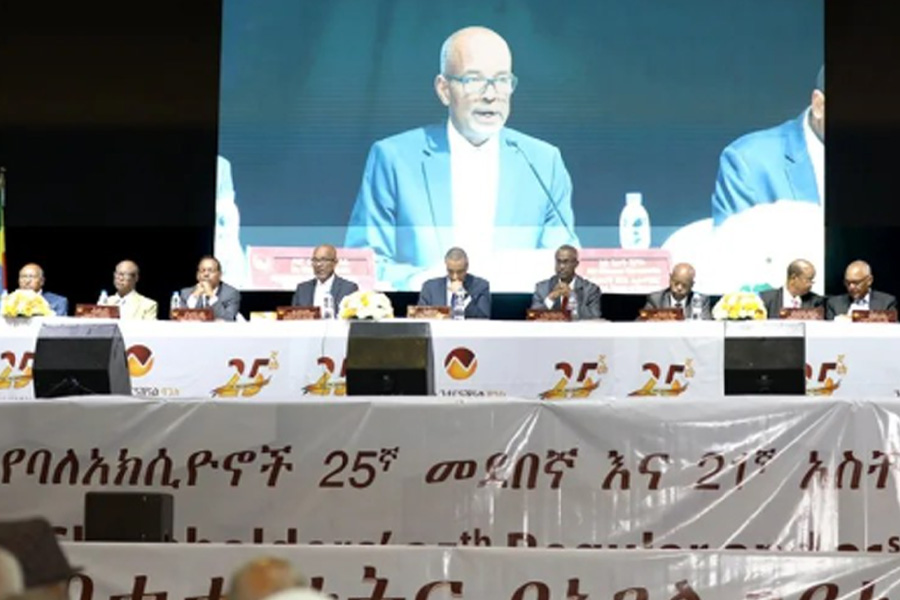
Fortune News | May 25,2019
Oct 4 , 2024

The Central Bank has injected 175 million dollars into the foreign exchange market responding to a severe forex shortage that threatens fuel imports and economic stability.
The National Bank of Ethiopia (NBE) announced yesterday that it sold the dollars to commercial banks to assist the Ethiopian Petroleum Supply Enterprise (EPSE), the state-owned company responsible for importing fuel and petroleum products. The funds, to be disbursed in phases over the coming months, cover outstanding fuel import bills and ensure a consistent fuel supply nationwide.
The authorities see this as part of their broader strategy to stabilise the foreign exchange market, where the gap between official and parallel exchange rates had previously soared above 100pc before recent policy shifts narrowed the spread. The Central Bank's intervention follows a series of regulatory reforms liberalising the forex market and addressing persistent liquidity challenges.
“Ethiopia’s foreign exchange reform has shown a very positive start in just a short period of two months, with a significant drop in the parallel market premium,” said Governor Mamo Mihretu.
According to the Governor, the foreign exchange reserves at the central bank and commercial banks have reached record highs, boosted by increased remittances and export revenues. He has declined to disclose the amount of the reserve, though.
The Central Bank's action, the second since August this year, uncovers the urgency of the forex predicament, particularly for fuel imports suffering from erratic forex availability at a time of global price hikes. By allocating dollars specifically to EPSE, the Central Bank seeks to prevent fuel shortages marked by long lines of motorists before gas stations in the capital.
Analysts view the injection as a necessary but temporary measure, cautioning that lasting stability requires structural adjustments, including boosting productivity in forex-earning sectors like agriculture and manufacturing.
The forex injection this week may also help ease public discontent as businesses and households continue to face tight liquidity and import delays. Throughout the year, businesses have pressed for more forex allocations, forcing the government to balance the need to prioritise essential imports with the necessity of maintaining reserves.
The NBE indicated it might conduct additional dollar sales periodically based on evolving market conditions, signalling a flexible, data-driven approach to monetary policy.

Fortune News | May 25,2019

Fortune News | Sep 01,2024

Radar | Dec 02,2023

Fortune News | Dec 08,2024

Radar | Oct 02,2021

Radar | Jun 22,2019

Radar | Jun 07,2025

Radar | Dec 01,2024

Fortune News | Dec 25,2021

Fortune News | May 09,2020

My Opinion | 131981 Views | Aug 14,2021

My Opinion | 128369 Views | Aug 21,2021

My Opinion | 126307 Views | Sep 10,2021

My Opinion | 123925 Views | Aug 07,2021

Jul 5 , 2025
Six years ago, Ethiopia was the darling of international liberal commentators. A year...

Jun 28 , 2025
Meseret Damtie, the assertive auditor general, has never been shy about naming names...

Jun 21 , 2025
A well-worn adage says, “Budget is not destiny, but it is direction.” Examining t...

Jun 14 , 2025
Yet again, the Horn of Africa is bracing for trouble. A region already frayed by wars...